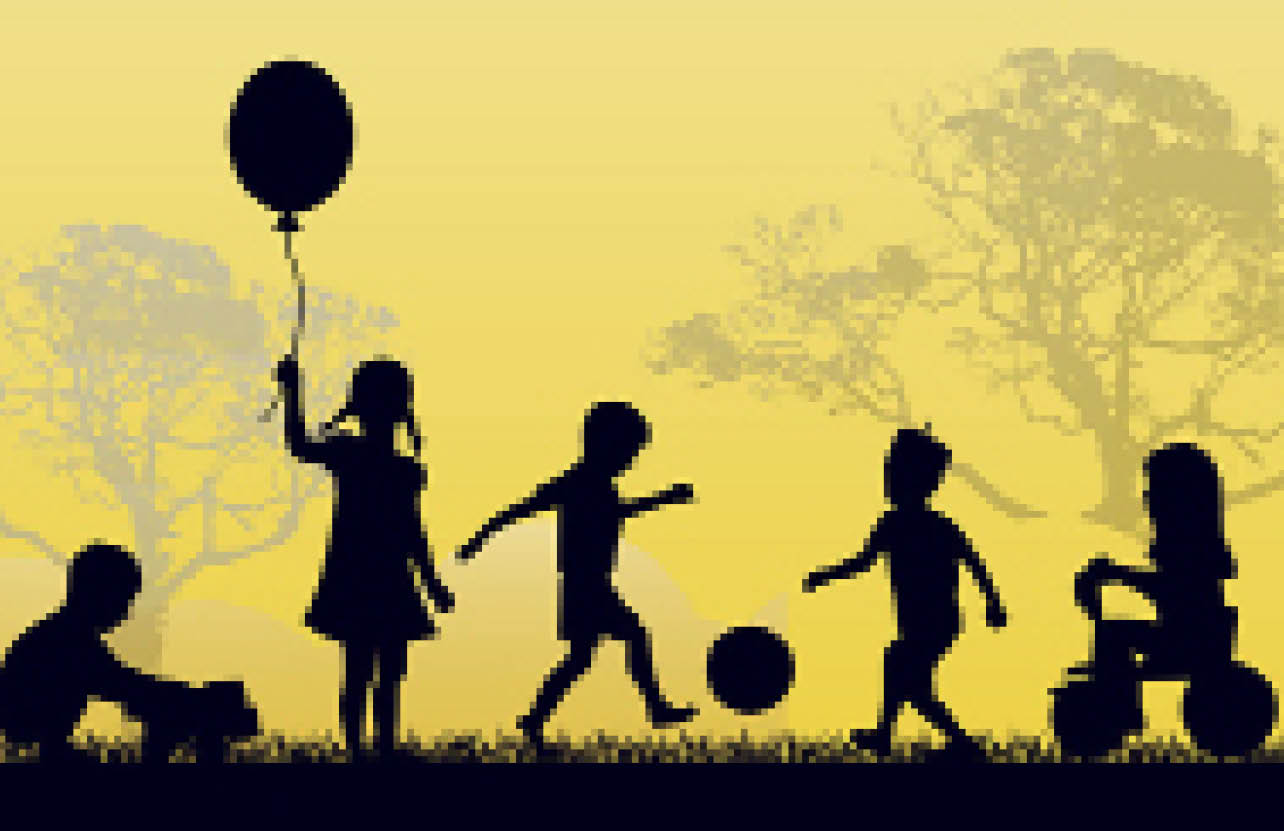Yesterday, May 27, 2022 was Children’s Day in Nigeria. In 1954, the United Nations General Assembly on November 20 adopted the Declaration of the Rights of Children, and thus, declared the day as “International Children’s and Youths Day”. However, member countries were left to mark the Day on different dates as may be convenient for them. In Nigeria, it is observed on May 27 every year even though it is not a public holiday. The Day seeks to protect, preserve and guarantee children’s right to education and other basic needs of life. The theme for the 2022 Children’s Day is “A Better Future for Every Child”.
As we painfully remember schoolchildren still being held captive by their abductors including those from FGC, Yauri; Bethel High School, Kujama, Kaduna State, and others kidnapped on March 28, 2022 from the ill-fated Abuja-Kaduna train; government is urged to rescue them alive. Other Nigerian children who are privileged to be in school would be happy to be part of the usual ritual of march-past and other social events that provide excitement to schoolchildren. Even the routine rituals of Children’s Day scarcely take place nowadays.
- Children parliament tasks Jigawa govt on out-of-school children
- Only collective effort can reduce suffering of IDPs, refugees – Buhari
In the past, schoolchildren looked up to Children’s Day, not only for the fun that came with it but also for the attention, love and concern shown to them by government and the society as they mark the Day. That which remains of Children’s Day for the Nigeria child today is that the Day is lesson-free. Few children are sometimes selected to attend a party with governors’ wives. Those who, today, decide the pattern which Children’s Day celebration should take do not see anything wrong in robbing schoolchildren of all the merriment that used to come with it.
Regrettably, only children who are privileged to be attending school may be aware that there’s a day called Children’s Day; a special occasion for them to celebrate and showcase their potentials. But even among schoolchildren who know about the day, how many of them were happy as they ‘marked’ the Day yesterday? The question, in this case, is not about figures but about the quality of response by government and parents to their basic rights. Could they be happy schoolchildren when their teachers have been on strike for most part of the current academic session for being owed several months of unpaid salaries, and minimum wage arrears? Could physically-challenged children be part of the joy expressed at yesterday’s Children’s Day by their able-bodied schoolmates when they have been abandoned by a non-inclusive curriculum that continues to ignore their peculiar needs in learning situations?
Could school-age children who, as pupils of Almajiri Schools, spent most part of yesterday begging for alms in the streets or scavenging refuse dumpsites have had reasons to celebrate yesterday’s Children’s Day even on invitation? While it’s sad that the federal government has abandoned the Almajiri Initiative launched by it in 2012 with a view to systematically integrate basic education in to the Qur’anic school system, it’s scandalous and disgraceful that governors of the 19 northern state where almajirci is a big social challenge have collectively failed to address the decades-old phenomenon. In place of Qur’anic knowledge, some of them have become drug addicts. Others are victims of child-trafficking, child-labour, and prostitution. Is this the kind of children we are preparing to become future leaders in the northern region or the country?
Certainly, the over 13 million Nigerian children who are out-of-school were not likely to appear cheerful yesterday. It would be the weirdest of imaginations to expect millions of Nigerian children who suffer from deprivations such as poverty, hunger, illiteracy, malnutrition, disease and general squalor to be part of yesterday’s Children’s Day festivities? These situations ought to inspire sober reflections on the miserable state of the Nigerian child, especially the disadvantaged. Some parents are to share some blame in the plight of children. Many have put the search for wealth above the education, care and love due to their children; others are just too irresponsible to look after their children.
While the efforts by government and international donour agencies such as UNICEF at eradicating childhood diseases including polio have yielded positive results, infant mortality rate due largely to limited access to primary healthcare remains high. It’s lamentable that government still lacks any special arrangements anywhere to support the management of children who suffer from genetic disorders such as autism. Indeed, parents, including the critically impoverished, are responsible for providing their blind children with all the devices they need to read or write including Braille, Braille paper, slate and stylus. This obtains in a country where one public officer is favoured to misappropriate N80 billion. This amount should, conservatively, provide tools of assistive-technology for all schoolchildren with special needs in Nigeria.
Government’s low commitment to the needs of normal children suggests even a worse quality of concern to the education of the blind, deaf and dumb children in Nigeria. Now that an inclusive curriculum is being developed for children with special needs, how many of the 774 local government areas in the country have one school exclusively for this category of learners at the basic level of education; believing that blind, deaf and dumb learners exist in every part of the country? It is a different thing where these challenges occur later in the life of individuals.
All these challenges are confronting children in Nigeria; a developing country that should invest optimally in its children and their future. Appropriate authorities in the country should recognize that their continuous failure to address the basic needs of children has grave consequences for the nation. If the country’s future depends largely on the quality of today’s children, their future must unequivocally be guaranteed. May Allah guide us, as leaders and parents, to give due attention to the basic needs of children especially quality education, amin.

 Join Daily Trust WhatsApp Community For Quick Access To News and Happenings Around You.
Join Daily Trust WhatsApp Community For Quick Access To News and Happenings Around You.


